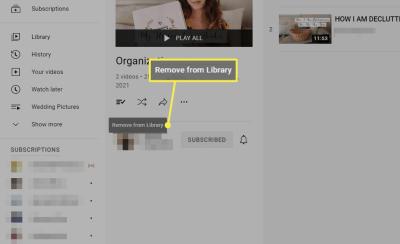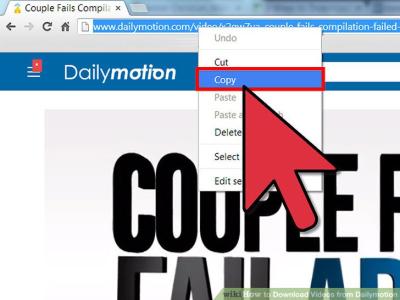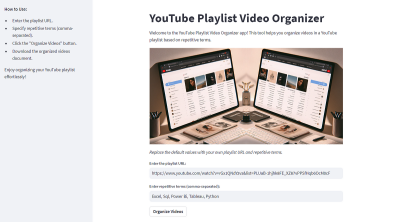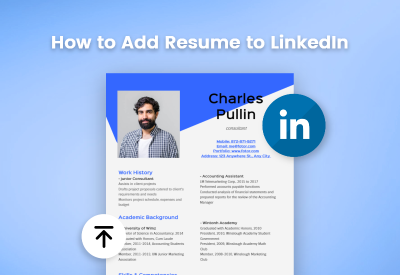In today's digital age, the way we network and build professional relationships has drastically changed. With millions of users and a plethora of features, LinkedIn has emerged as a leading platform for career growth and professional development. But, is it truly essential for your career? In this post, we'll delve deeper into the undeniable role of LinkedIn in shaping career trajectories and connecting professionals.
The Role of LinkedIn in Modern Networking
LinkedIn has transformed the landscape of professional networking, making it easier than ever for individuals to connect, share, and grow. Here are some key ways LinkedIn plays a pivotal role in modern networking:
- Global Reach: LinkedIn connects you with professionals from all around the world. Whether you're looking for job opportunities, mentorship, or collaboration, you can find like-minded individuals regardless of geographical boundaries.
- Personal Branding: Your profile on LinkedIn acts as your digital resume. With the ability to showcase your skills, experiences, endorsements, and recommendations, you can craft a strong personal brand that stands out to potential employers.
- Industry Insights: LinkedIn serves as a hub for industry news and trends through posts, articles, and group discussions. Staying informed allows you to engage in meaningful conversations and demonstrate your knowledge during networking opportunities.
- Job Opportunities: Many recruiters and employers actively search for candidates on LinkedIn. By keeping your profile updated and optimizing it with relevant keywords, you increase your chances of being noticed for job openings.
- Networking Events: LinkedIn frequently hosts webinars, virtual meetups, and local networking events. These are great opportunities to meet industry leaders and fellow professionals who can help you expand your network.
In essence, LinkedIn doesn’t just serve as a platform for job hunting; it fosters relationships, shares knowledge, and opens doors that were previously unimaginable. If you’re serious about growing your career, leveraging LinkedIn is not just beneficial—it’s essential.
3. Benefits of Using LinkedIn for Career Advancement
LinkedIn is more than just a social media platform; it serves as a powerful tool for career advancement. Whether you're a seasoned professional or just starting out, there are numerous benefits to leveraging LinkedIn for your career. Let’s dive into some of these advantages:
- Networking Opportunities: LinkedIn allows you to connect with industry peers, mentors, and potential employers. Building a robust network can open doors to new opportunities that you might have never encountered otherwise.
- Brand Building: Your LinkedIn profile is essentially your online resume. By showcasing your skills, accomplishments, and endorsements, you can create a strong personal brand that attracts recruiters and employers.
- Access to Insights: By following companies and engaging with industry content, you stay updated on market trends, job openings, and valuable insights that can inform your career decisions.
- Skill Development: LinkedIn Learning, a feature of the platform, offers a plethora of courses that can help you upskill or reskill. This shows potential employers your commitment to professional development.
- Job Recommendations: The platform's algorithms suggest job postings that match your profile, making it easier to find jobs that align with your career goals.
These benefits, when harnessed effectively, can significantly propel your career forward. So, if you haven't started using LinkedIn for career advancement, now might be the perfect time!
4. How LinkedIn Enhances Job Searching Opportunities
In today's competitive job market, job seekers need every advantage they can get. LinkedIn not only connects you with professionals but also acts as a powerful job-search tool. Here's how:
- Extensive Job Listings: LinkedIn has a vast array of job listings across various industries. You can filter these listings based on your preferences, such as location, company size, or job type, making it easier to find your ideal role.
- Apply with Ease: Many companies allow you to apply directly through LinkedIn with just a click. Your LinkedIn profile serves as your resume, simplifying the application process.
- Company Research: Before applying, you can research companies thoroughly through their LinkedIn pages. Understanding a company's culture, values, and recent news can help you tailor your application and prepare for interviews.
- Job Alerts: You can set up job alerts based on your specific criteria. This means you'll be notified as soon as relevant positions are posted, giving you a head start in the application process.
- Reaching Out: If you find a job that catches your eye, you can often connect with current employees to learn more about the role and the company, offering insights that application materials may not reveal.
With these features, LinkedIn transforms the job searching experience from a daunting task into a streamlined and efficient process. If you're serious about finding a job that aligns with your career goals, embracing LinkedIn is a wise move!
Alternatives to LinkedIn for Professional Networking
While LinkedIn is often the go-to platform for professional networking, it's not the only game in town. Depending on your industry, career stage, and personal preferences, you might want to explore alternatives that can effectively connect you with other professionals. Here are a few noteworthy options:
- Twitter: Surprisingly, Twitter can be a powerful networking tool. By using relevant hashtags and engaging in conversations, you can connect with industry leaders, share insights, and stay updated on trends.
- Meetup: If you prefer face-to-face interactions, Meetup can help you find events in your area related to your interests or career field. Building in-person connections can sometimes be more meaningful.
- Facebook Groups: There are countless professional groups on Facebook. Joining these communities allows you to share knowledge, find job leads, and network in a more casual environment.
- Professional Associations: Many industries have their own professional bodies or associations. Becoming a member can offer networking opportunities through conferences, seminars, and online forums.
- Slack Communities: Depending on your field, many professionals gather on Slack. Search for channels that fit your industry, and don't hesitate to engage and introduce yourself.
These platforms offer unique features that might suit your networking style better than LinkedIn. As you explore these options, be sure to also consider your privacy and professionalism in the interactions you pursue.
Conclusion: Weighing the Importance of LinkedIn
Ultimately, whether LinkedIn is essential for your career growth depends on several factors, including your goals, industry, and networking preferences. Here's a quick recap of some key points to consider:
| Pros of LinkedIn | Cons of LinkedIn |
|---|---|
| Vast professional network | Can be overwhelming with too many connections |
| Job opportunities available | High competition for visibility |
| Industry-specific groups | Requires regular engagement to reap benefits |
| Personal branding tools | Potential for unsolicited messages |
Weigh the pros and cons based on your personal situation. Remember, networking is about quality over quantity. If LinkedIn feels overwhelming, it may be worth exploring those alternatives we discussed. In the end, the goal is to foster genuine relationships that can propel your career forward, whether that's on LinkedIn or elsewhere!

 admin
admin








